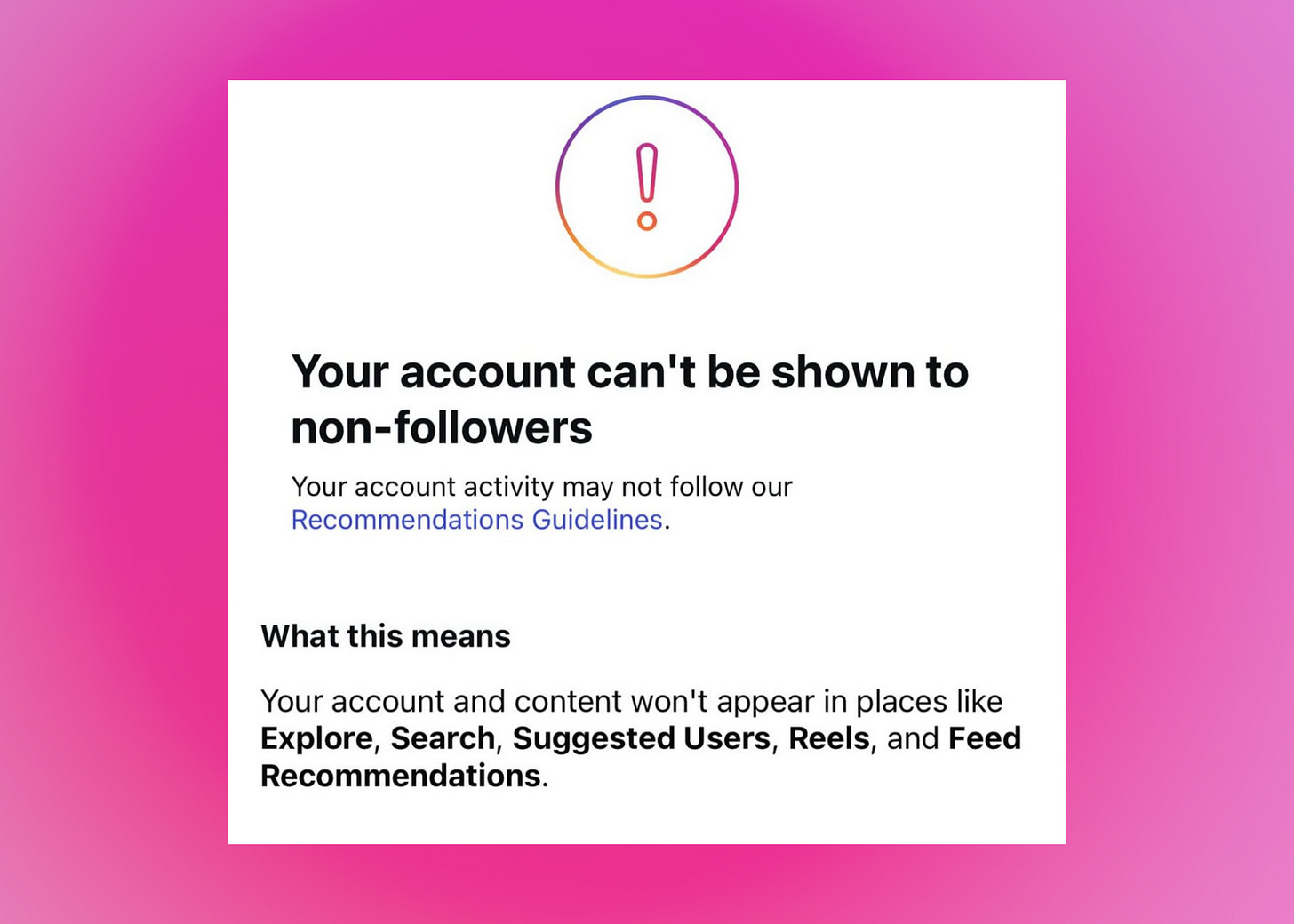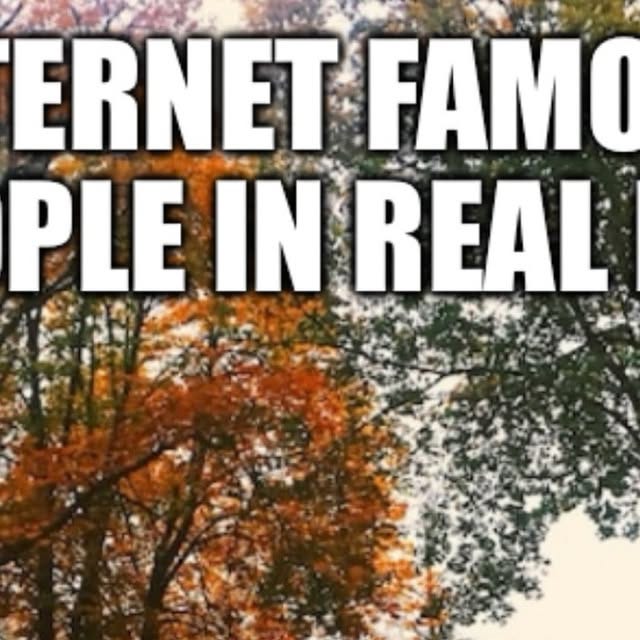What is 'original content' online?
It's a harder question than you might think.
Today’s issue of PHONE TIME includes: a change to Instagram nearly caused a Meme Page Apocalypse. I share my thoughts on why that matters.

At the end of last week, many meme accounts were in a frenzy. The cause of the panic? Instagram had sent many notifications that their accounts were not in line with recommendations guidelines. “Your account and content won’t appear in places like Explore, Search, Suggested Users, Reels, and Feed Recommendations,” the notifications stated, recommending users edit or delete certain violating posts to remedy the problem.
Head of Instagram Adam Mosseri addressed the confusion in a reply to a question on his weekly “ask me anything” story prompt. He explained that the app tries “not to recommend content from aggregators.” But he acknowledged that sometimes they miss meme accounts and said that a specific change affecting meme accounts would be rolled back. “In general, if you want to post someone else’s content, repost or remix it in some way to make it your own,” he added.
In April 2024, Instagram announced changes for how they would be recommending and ranking content, wanting to correct the fact that in the past, “creators with large followings and aggregators that share copies of original content have gotten more reach in recommendations than smaller, original content creators.”
Current Instagram Help Center guidelines reflect these updates. “We encourage people on Instagram to post content that is original to get the best reach and distribution,” the guidelines state. “It takes a lot of time and effort to create original content, so we believe that those who create it should get credit for their work, even when a copy of their original content is shared by other accounts on Instagram.”
What exactly is “original content”? If you apply the standard to what was posted to Instagram in its early years—photographs—it might seem relatively (although not entirely) straightforward. But copying, often with some level of modification or alteration, is integral to meme culture. The guidelines do address this, noting that “materially changed” content, “such as content that is materially edited to become a meme,” would still be recommended. Obviously, the definition of materially changed here is not exactly self-evident. Does editing one word over a meme count? What about adding a filter?
Granted, many meme accounts don’t do any modification, and their pages mostly function as a collection of popular posts screenshotted from different platforms. But as a meme maker myself, it gets more complicated. I’ve had many of my memes screenshotted and reposted by other accounts, and I would be lying if I said I didn’t get at least slightly irritated when I don’t get a tag. But do I have a right to be? Many of them are themselves remixes of others’ content or images. Notably, the fast-paced circulation of memes means that any trace of the original creator is frequently easily lost—so it can be hard to find who to credit, even if you want to.
As a journalist, I’ve actually found a lot of overlap between the two practices when it comes to this issue. In both journalism and meme making, it takes much more effort, time, and resources to create your own content than to aggregate others’ content. As a result, aggregators are able to put out much more, much faster. In the attention economy, this means that the original creators can easily be left in the dust, while aggregators rack up views, likes, followers, and ultimately, money and resources.
Journalism and meme making obviously have very different standards for repurposing others’ content, with the former ethically mandating proper attribution. But as social media has changed how journalism is shared and promoted online, the lines are becoming blurry. Instagram meme pages start Substack newsletters and become media brands; zeitgeisty media brands repost others’ memes or make their own.
For now, while the Meme Page Apocalypse is seemingly at bay, it’s clear that questions of authorship, originality, and creative compensation will only become more confusing in the years to come.
Like my memes or send me a message on Instagram.




